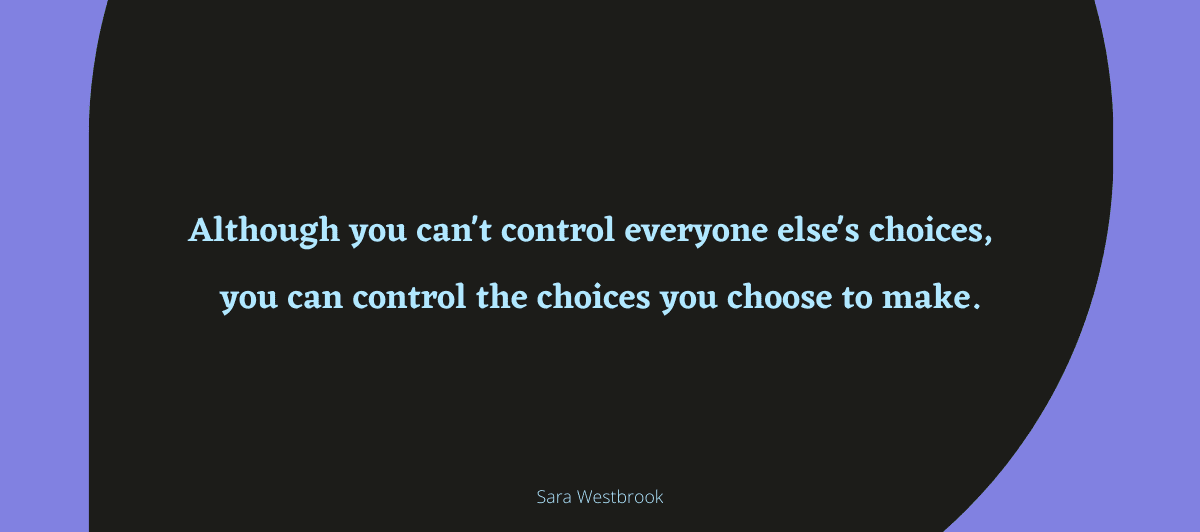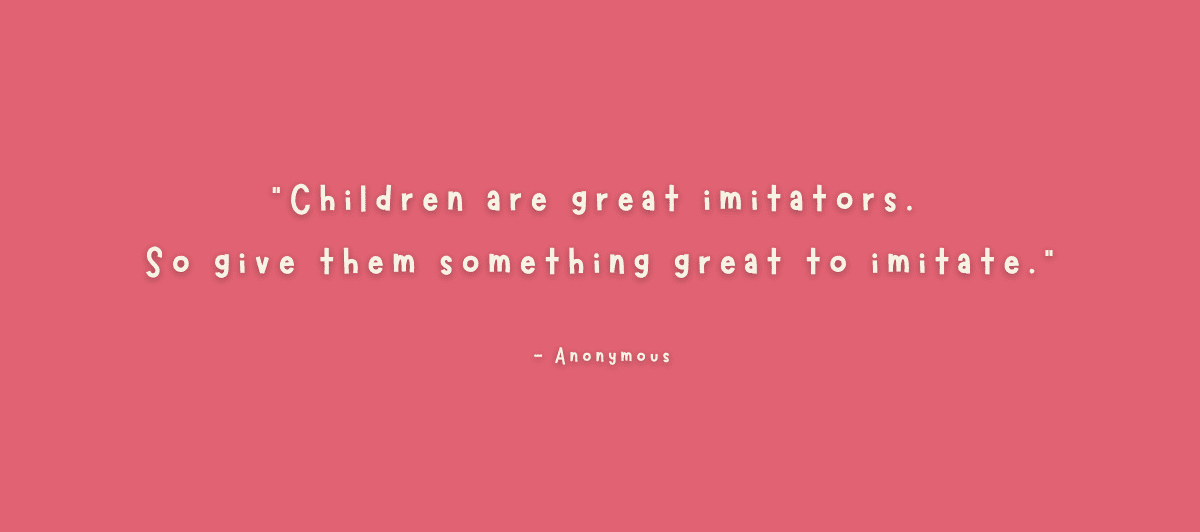
My Friend Betrayed Me
A student emailed me after one of my presentations, ‘I can’t believe it. My friend betrayed me. The person I thought was my friend told other people a secret about something that was happening in my life. I am so upset, especially since she promised she would not tell anyone.’
I remember something very similar happening to me when I shared confidential information with my friend and the next day she shared our conversation with other friends. I was surprised, hurt and angry. I felt my friend had betrayed me. I wished I had chosen not to share. I wish I could have made my friend keep secrets instead of gossiping.
Although I couldn’t change the choice my friend made, I did have choices in how I reacted to this upsetting circumstance.
Let’s look at a few of my options:
A) I could choose to talk to her about how I felt.
B) I could choose never to talk to her again.
C) I could choose to tell her only things that I didn’t mind other people knowing.
In order to choose what choice would work best for me, I had to first decide what I wanted as my End Result (my goal). Having an End Result is so important because it’s what guides your choices.
The End Result I wanted was to keep her as a friend because there were qualities about her that I appreciated. For me, CHOICE A and C worked the best. Letting her know how I felt and realizing that she wasn’t good at keeping a secret helped our relationship.
Not everyone will have all the qualities that you think they ‘should have’, but that doesn’t mean that you have to write them off. I suggested to this student to share their disappointment and to find qualities (like humour, kindness, generosity) that they enjoyed about their friend and choose to focus on that. In doing this, it would help rebuild their friendship and still create a relationship where they could enjoy spending time together.
However, if their friend continues to treat them in a way that feels hurtful, then I suggested that it was important to decide whether the friendship/relationship was worth continuing.
This is what I know: Although you may not be able to control what others say and do, you do have control over how you act, react and the choices you choose to make and the boundaries you choose to create.
IMPORTANT: If someone shares that they are being harmed, or they are harming themselves, or they are going to harm others – THIS IS NEVER CONFIDENTIAL.
Until next time…


